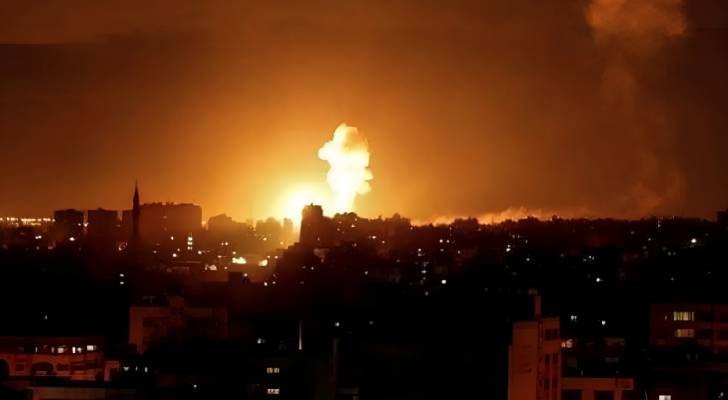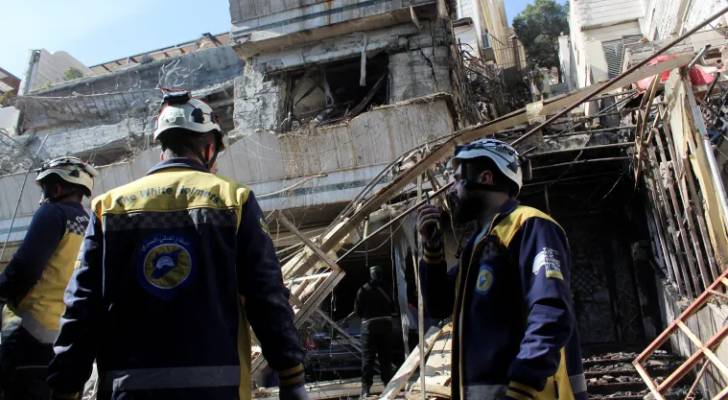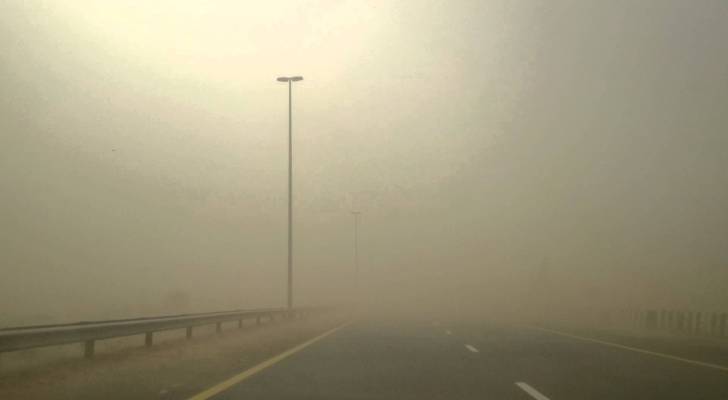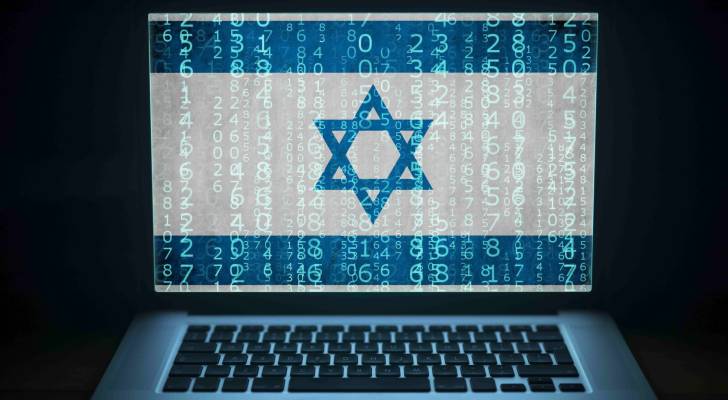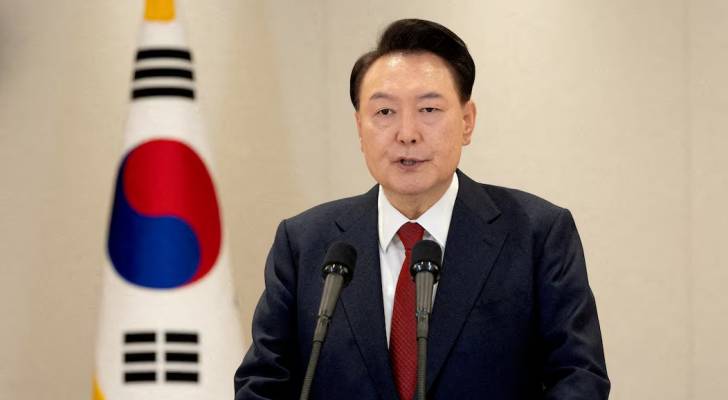
South Korean President Yoon Suk Yeol was arrested Wednesday morning for questioning by the country’s anti-corruption agency, making him the first sitting president in South Korea’s history to face such an action.
His arrest marks the latest development in a prolonged political crisis sparked by his controversial martial law declaration last month.
Yoon is under investigation for multiple allegations, including leading an insurrection—charges that carry severe penalties such as life imprisonment or even the death penalty. Despite being detained, Yoon has refused to cooperate with investigators, declined to answer their questions, and prohibited recording during the sessions.
After the arrest
Following his arrest, Yoon was moved to a detention center and placed in solitary confinement for safety reasons. The warrant permits authorities to hold him for up to 48 hours, with the possibility of seeking an extension.
The arrest has further polarized the nation, with supporters and opponents of Yoon gathering in freezing conditions to protest. Demonstrators clashed outside government buildings, chanting opposing slogans. Supporters carried signs accusing authorities of invalid impeachment, while critics called for Yoon to resign and take accountability.
Yoon’s martial law declaration on December 3, intended to address alleged threats from opposition lawmakers, was overturned by parliament within hours. The move has been widely criticized, with many viewing it as reminiscent of South Korea’s authoritarian past.
The president’s impeachment trial began earlier this week but was postponed after Yoon refused to attend. The trial, which could take months, will determine whether Yoon is formally removed from office or reinstated.
This political turmoil extends beyond Yoon, with parliament also impeaching other senior officials, including the prime minister and acting president. The Constitutional Court has promised to prioritize the impeachment cases as the nation faces one of its most turbulent political periods in recent history.

